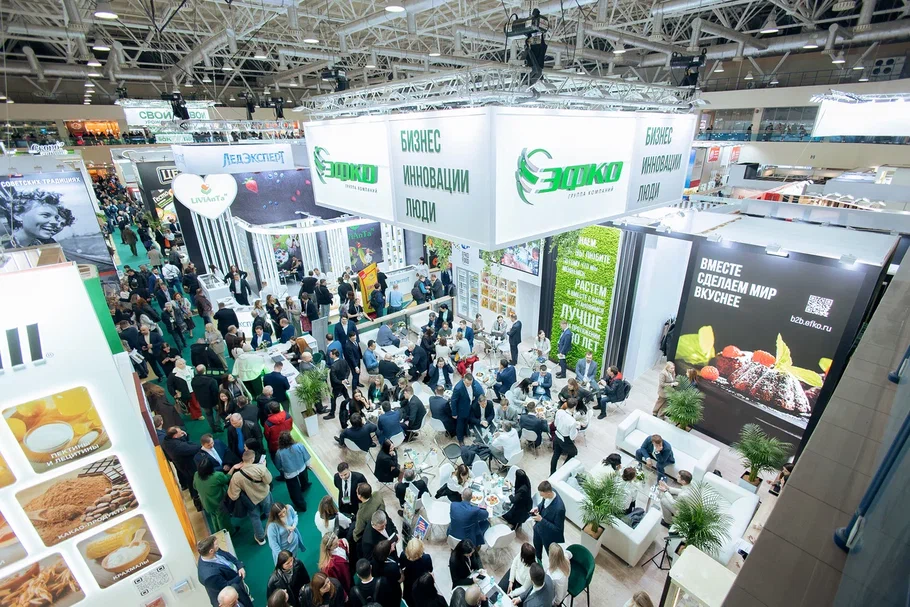Is it possible to reduce the amount of sugar in food products and save their taste at the same time? One of the solutions is the innovative ingredient named a sweet protein. Do consumers know about it and do they like such confections? We conducted a survey where asked consumers to express their opinion on this topic.
“A sweet protein – does it exist?”
“I’ve heard something about it but don’t clearly understand what it is.”
The survey was conducted within the framework of the “PRODEXPO 2025” international exhibition. More than a hundred people of different ages and professions took part in it. The participants tasted the candy, which contained a sweet protein, then they filled out a questionnaire and shared their impressions.
A sweet protein is an innovative ingredient, a novel and safe sugar alternative. Its sweetness is a thousand times higher than the sweetness of ordinary sugar, while it does not bring in calorific value to food products, since it is used in very small amounts. The clinical study conducted in 2024 confirmed that a sweet protein does not increase blood glucose levels and does not contribute to accumulation and deposition of fat.
Sweet proteins were first discovered in tropical plants but their amount there was minimal. Consequently, in close cooperation with Russian scientists, “EFKO” has developed its own manufacturing technology, which makes it possible to obtain these ingredients in the volume that the food industry needs.
The majority of participants (around 90%) liked the taste of candies with a sweet protein. A third of respondents suppose that the candies have the same taste as those with ordinary sugar.
“It tastes like classic chocolate candies” – said respondents.
“Very soft candies, instantly melt in a mouth. Rich and intense taste. The texture is very pleasant."
“It doesn't feel like there's no sugar here at all. As a person who has had health problems, I can say it is important to reduce sugar in the diet. If this candy really doesn’t increase blood glucose level and doesn’t spoil the figure, then this is a real miracle.”
“It’s interesting to be one of the first people to try this new product. If I pretend to be a so-called sugar sommelier, I won’t believe there is no sugar in it.”
“Generally, I prefer to avoid sugar consumption, but sometimes I can’t. It’s great that I can forget about these limitations with such candies. And another good thing, there won't be a pang of conscience for health and figure spoilage.”
Half of the respondents consume sweets every day. Most of them said they were aware of the implications of sugar consumption. The main ones are diabetes and obesity. 70% of respondents believe that these diseases are turning into an epidemic, because the number of people with such diagnoses is increasing in alarming proportions. The worldwide trend towards sugar withdrawal has begun to be supported even at the state level. For example, the tax on sugar-sweetened beverages has been implemented in Russia since 2023.
An average sugar consumption per person in Russia is 43 kg. This is 25 kg more than the World Health Organization (WHO) recommends.
A sweet protein is a real solution for sweet stuff lovers, because just 1 gr of it can replace up to 1 kg of sugar. A sweet protein is a certified product and it continues its way in the world of food ingredients. Now candies with a sweet protein from our “EFKO ART” confectionery can be ordered by any resident of such cities as: Moscow, Voronezh, Belgorod and Alekseevka.



